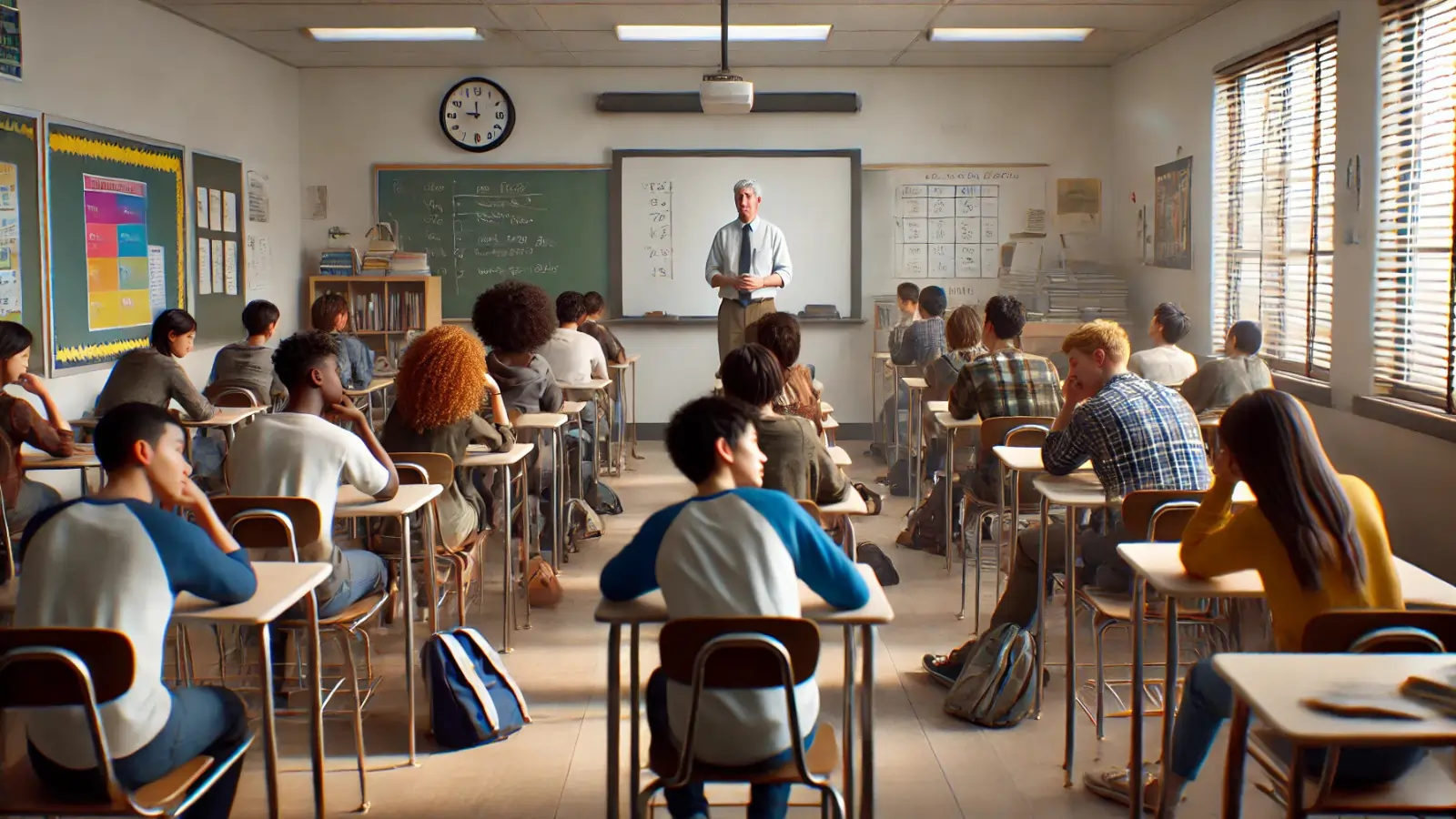Solving for x, mastering differential trigonometry, applying BODMAS, and plotting intricate graphs are just a few staples of the standardized curriculum. The logic behind such rigour makes sense; foundational knowledge is essential. However, imagine if schools also prioritized topics that empower learners with the tools to navigate life’s complexities. What if education focused on practical, universally applicable skills that prepared students for adulthood?
Like many others, the South African education system wrestles with systemic challenges. Dysfunctional schools, varying teacher effectiveness, and a standardized approach often fail to address the diverse ways learners grasp concepts—especially those with neurodivergent needs. Reflecting on your educational journey, can you identify the skills you wish you had learned? Let’s explore some crucial topics that, if introduced early, could better prepare youth for their adult lives:
1. Financial Literacy
Understanding how to budget, save, invest, and manage debt is foundational for adult life. Personal finance education could spare many young adults from costly mistakes, such as falling into unmanageable debt or lacking a safety net for emergencies. These lessons would empower students to make informed financial decisions, laying the groundwork for economic independence.
2. Critical Thinking and Problem-Solving
Instead of emphasizing rote memorization, education should foster analytical thinking. How do we evaluate situations, identify solutions, and adapt to challenges? These skills transcend academic contexts, equipping students to succeed professionally and personally.
3. Communication Skills
Effective communication is essential in every sphere of life. Workshops in public speaking, networking, active listening, and conflict resolution can enhance students’ abilities to articulate ideas, collaborate effectively, and manage disagreements constructively.
4. Emotional Intelligence
Recognizing and managing one’s emotions while understanding and empathizing with others is a cornerstone of healthy relationships and a productive work environment. Emotional intelligence, or EQ, fosters resilience and can improve mental health, teamwork, and leadership abilities.
Read: Self-improvement with retrospection and introspection
5. Practical Life Skills
Some basic skills make adulthood manageable, from cooking and basic home maintenance to understanding medical aid, provident funds, and car repairs. Practical education could bridge the gap between academic success and self-sufficiency, preparing students to handle day-to-day challenges confidently.
The Case for Soft Skills
Soft skills like adaptability, teamwork, and emotional resilience are increasingly valued in the workplace. By integrating these into the curriculum alongside practical life skills, schools can ensure that students graduate academically competent and ready to navigate a complex and ever-changing world.
The question remains: how do we strike a balance between academic rigour and practical life education? By shifting focus to these empowering topics, schools could better equip learners to thrive, not just survive, in their adult lives.
What skills would you add to this list? Let’s keep the conversation going about reimagining education for a brighter, more capable future.
Written by Kabelo Milton.
The views expressed herein are those of the writer and not I Am Youth.





